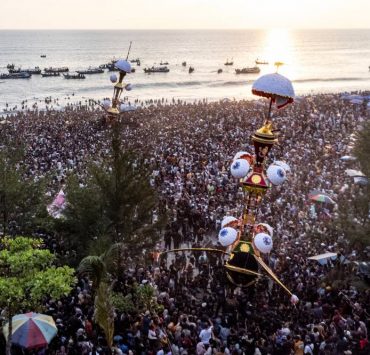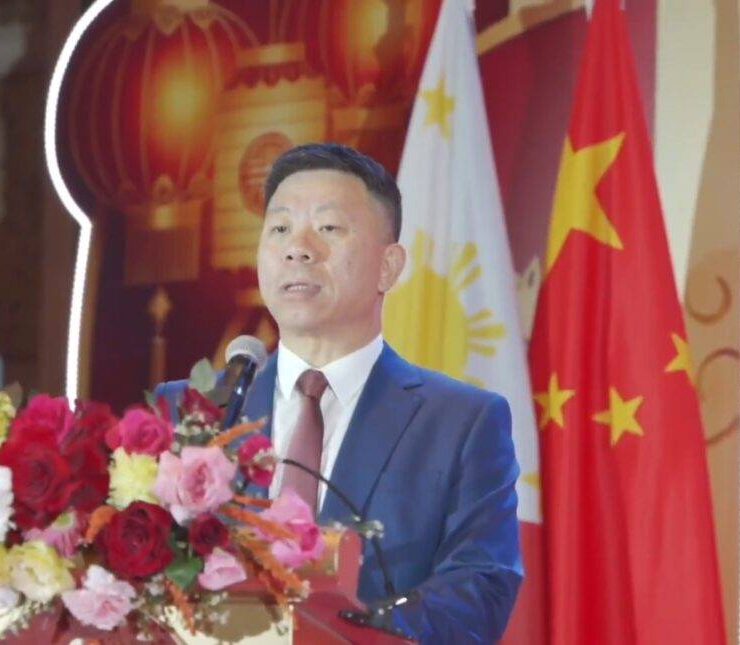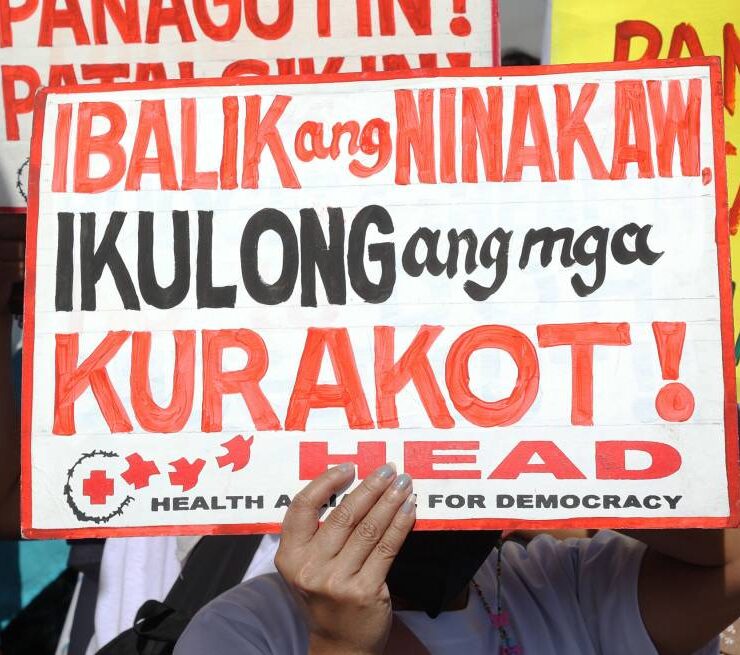Inhumane trade of human organs
More than a sad story, the news about the illegal kidney-for-sale scheme uncovered in Bulacan province last week is a study in desperation and the lengths people will go for a chance at a precious lifeline.
That applies both to vulnerable people forced to sell their organs for huge sums that could feed their families for months, and well-off clients who bite the bullet by transacting with criminals to prolong their life or that of their loved ones.
On the surface, it looks like a victimless crime, a win-win solution for donors and donees alike. But the power imbalance between them leads to a gross disparity in desired outcomes, tipping the scales in the latter’s favor, while the former are left to bear the brunt of the inhumane operation. They may walk away with a few hundred thousand pesos in their pockets but with one kidney missing and a future that is a little less certain.
The true villains in this story, however, are the organ traffickers who served as the bridge between these two groups of people in the interest of greed, and the health professionals who violated their oaths to enable them.
Alleged ringleader On Tuesday, the National Bureau of Investigation (NBI) filed criminal complaints against four persons involved in the organ trafficking racket: the alleged ringleader Allan Ligaya, a nurse at the state-run National Kidney and Transplant Institute (NKTI) in Quezon City, who “remains at large,” and three others, Angela Atayde, Marichu Lomibao, and Dannel Sicat, who were arrested in an NBI operation on July 11.
Nine victims, aged 25 to 35, were rescued during the raid on their rented house in Barangay Tungkong Mangga in San Jose del Monte City, Bulacan, where the trafficked donors were kept, according to the NBI. By the time the authorities stormed in, four of the victims had already parted with one of their kidneys, for which they were paid P200,000 each, the NBI said.
The three arrested suspects face charges of qualified trafficking in persons in violation of Section 4(h) of the Expanded Anti-Trafficking in Persons Act, a nonbailable offense.
Under the law, it is considered an act of human trafficking to “recruit, hire, adopt, transport, transfer, obtain, harbor, maintain, provide, offer, receive or abduct a person, by means of threat or use of force, fraud, deceit, violence, coercion, or intimidation for the purpose of removal or sale of organs of said person.”
Sale, purchase prohibited Among medical workers and professionals, the sale and purchase of kidneys is prohibited under the Department of Health’s Administrative Order No. 124, series of 2002. Violations by erring medical practitioners are subject to administrative sanctions.
The NKTI has confirmed that Ligaya is a staff nurse at the government hospital, where he has been working for 23 years.
“He could not do the operations himself, because he is not a surgeon. His work also does not give him access to organ donors and recipients, since the unit he works with is involved in serving patients needing minor surgical, urological, and endoscopic procedures, and not transplant procedures,” Dr. Rose Marie Rosete-Liquete, NKTI executive director, said.
For now, there is no basis to impose disciplinary actions on Ligaya, as the NBI has yet to coordinate with the hospital on the allegations.
The NKTI, however, has vowed to promptly turn over its employee to the authorities if needed.
It’s understandable that some would be tempted to try to buy a kidney from vendors, given the 7,000-long queue at the NKTI’s deceased donor registry in its Human Organ Preservation Effort or HOPE Office.
But often, this comes at the expense of the marginalized.
‘Economic vulnerabilities ’The Department of Justice said the victims in the Bulacan raid had been recruited “under the pretense of alleviating their financial burdens by selling their kidneys” by traffickers who took advantage of their “economic vulnerabilities.”
What about the doctors who performed the transplants? To date, no surgeon involved in the operation has been identified even though it’s plain as day that medical practitioners must have taken part.
It’s true humans can live normal lives with one healthy kidney but it’s just as true that donating an organ does not come without risk. Were the trafficked donors aware of potential complications like higher blood pressure or a slightly elevated chance for future kidney failure?
The NBI must get to the bottom of this barbaric trade and unmask everyone involved, especially the unethical health professionals among them. The NKTI and other hospitals must cooperate fully in the task.
Amid the shortage of kidneys, the wise way forward is for the government to promote and popularize being an organ donor among Filipinos, be it for loving relatives or perfect strangers.
Let us be clear: giving up a kidney or another organ with no expectation of reward is a selfless, noble act; exploiting the poor and desperate to get them to sell theirs is the height of evil opportunism.





















